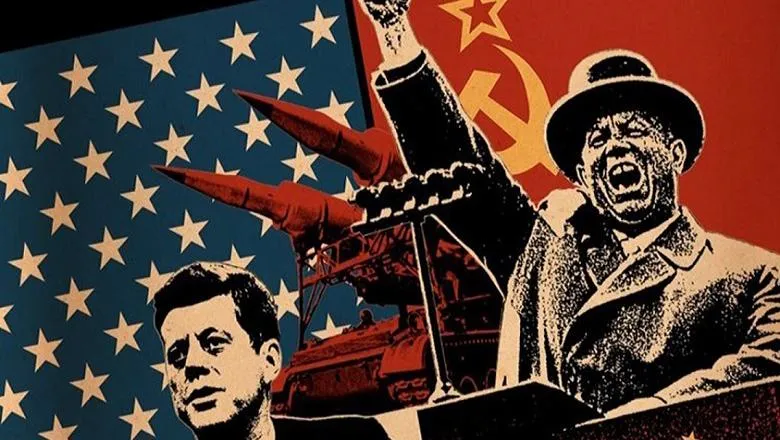A hybrid conference held in Paris, organised by the Sir Michael Howard Centre and Sciences Po

This week the Sir Michael Howard Centre for the History of War held a conference in collaboration with the Centre d'Histoire de Sciences Po, Paris on the strategic and military consequences of the end of the Cold War.
This two-day hybrid event consisted of in-person talks and virtual contributions from academics and PhD students from around the world, presenting their research on a range of topics. Expert panels discussed aspects such as the dissolution of the Warsaw Pact, NATO and European defence, space and nuclear issues, and the reunification of Germany, exploring how historical contexts continue to shape current events.
Academics from the School of Security Studies, King's College London's contributions included Dr Joe Maiolo, Co-Director for the Sir Michael Howard Centre for the History of War, chairing a panel on the Cold War legacy of nuclear weapons, and Dr Flavia Gasbarri, Lecturer in War Studies Education chairing a discussion on accessing and utilising sources and intelligence records. Dr Gasbarri also presented her ongoing research on the role of the United Nations in American post-Cold War foreign policy, utilising the example Somalia in 1993. A contribution from Dr Barbara Zanchetta, Senior Lecturer in War Studies 'Defending the Kingdom: America's Uneasy Partnership with Saudi Arabia and the Transition to the Post-Cold War Era' was also discussed.
Several PhD students from Security Studies also presented their ongoing research, including Arun Dawson on the role defence procurement in American statecraft exampled by the post-Cold War development of the F-35, Jong Ung Cheon on the impact of the Soviet collapse on the North Korean nuclear weapons programme and Davis Ellison on revisiting the history of NATO as a security institution through a civil-military relations lens.
The keynote speech for the conference, 'A New Bargain? NATO, Transatlantic Security, and the End of the Cold War' was given by Dr Jussi Hahnimäki, Professor of International History and the Director of the History and Policy Initiative at the Graduate Institute of International and Development Studies in Geneva. This new work challenges assumptions about the post-Cold War direction of NATO and argues for a broader and more pragmatic view of the alliance, one less driven by a narrative of crisis.






